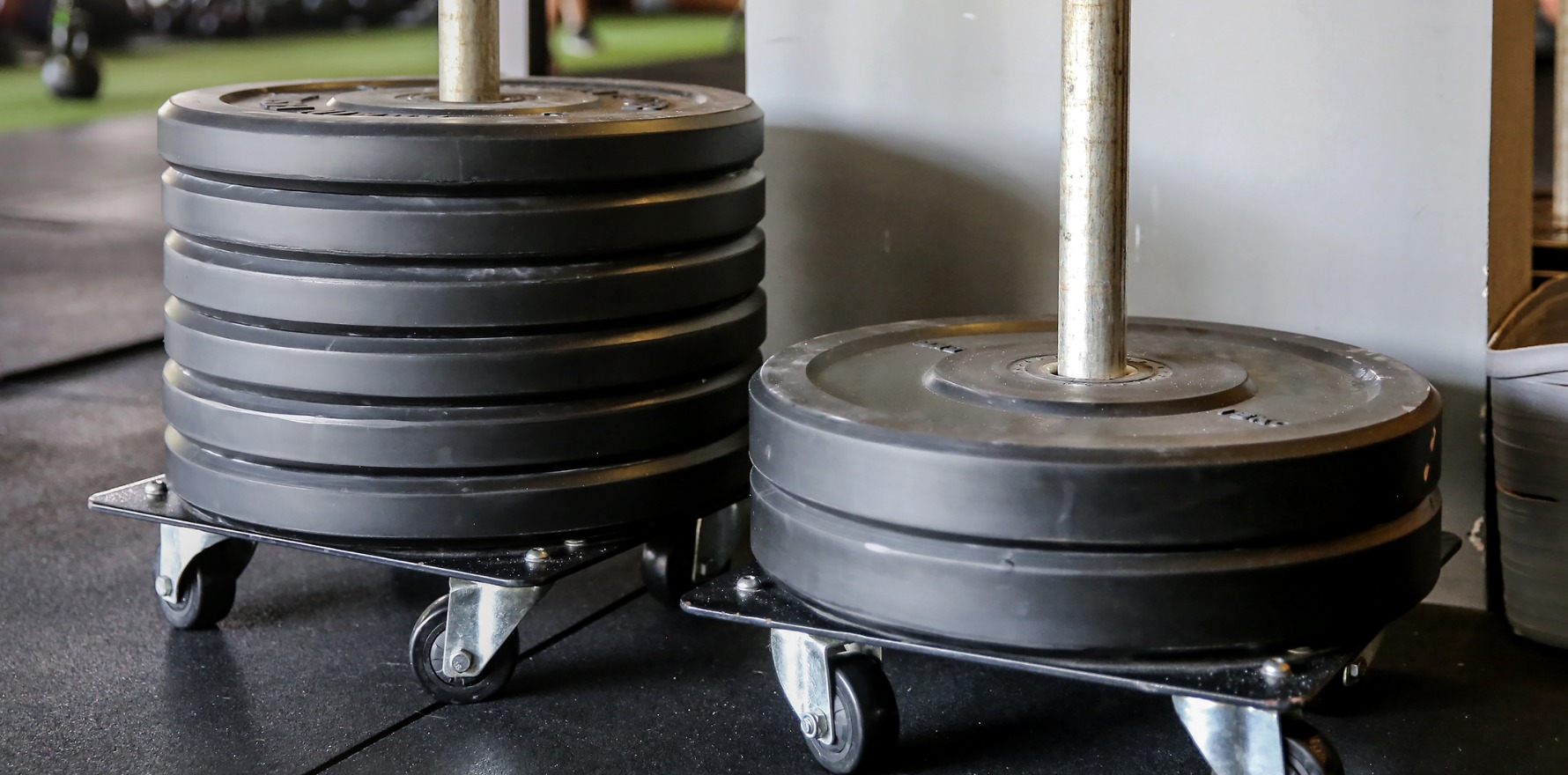The budget measure aims to help GPs spend ‘more time with their patients than their accountants’.
NSW Treasurer Daniel Mookhey announced a $188.8 million bulk-billing relief package today waiving any retrospective payroll tax owed on any contractor GP and promising tax rebates to clinics that meet high bulk-billing thresholds.
In a first, the retrospective tax threat will be legislated, not just promised, out of existence.
“From September, GP practices that bulk bill 80% of their patients in metropolitan Sydney and 70% in the rest of the state can claim a complete tax rebate for the payroll tax they otherwise would have had to paid for the wages of contractor GPs,” Mr Mookhey told the Legislative Assembly this afternoon.
“[It’s] not an amnesty, not a moratorium, [it’s] a full rebate.
“Additionally, no GP clinic will have to pay any back taxes they might owe on a contracted GP’s wage.
“Extinguished through legislation – that is our plan – NSW is the only state that will [legislate this] because we prefer GPs to spend more time with their patients than with their accountants.”
The new Bulk-Billing Support Initiative will automatically waive any unpaid payroll tax until 4 September this year for contactor GPs, a move heartily supported by the AMA NSW.
“The Minns government will be the first state to offer this guarantee in legislation,” said AMA president Dr Michael Bonning.
“Legislating ‘no retrospectivity’ will provide certainty for practices and will minimise the risk of more closures of general practices in NSW.”
The RACGP also applauded the retrospective relief.
“This gives GPs across NSW certainty that they can continue to operate and keep their doors open for patients, without fear of being hit with a huge tax bill that will shut them down,” said RACGP NSW & ACT chair Dr Rebekah Hoffman.
Speaking to The Medical Republic, Dr Hoffman said that legislating “across-the-board, automatic” retrospective relief was a feat “no other state or territory has been able to do”.
While the 70-80% bulk billing threshold could be achievable for GPs given the current average bulk billing rates in the state, the initiative probably wouldn’t increase bulk billing rates, added Dr Hoffman.
“In NSW, our current [bulk billing] services rate is somewhere between 70-80%,” she said.
“What we know from the ACT is applying thresholds doesn’t change the bulk billing rate.
“What it may do is reduce the rate of GP practices that move to private billing.
“But that’s yet to be seen in the ACT – they have a 65% bulk billing rate threshold and we’ve seen no change in bulk billing rates across the territory.”
The threshold is all or nothing: practices that don’t meet the bulk billing thresholds, and whose contracted GPs meet all other legislated criteria for payroll tax, will not be eligible for any relief.
“For the practices that don’t meet the bulk billing percentage, the big ticket for them is the no retrospective tax and beyond that, once they’re over the [wage] threshold of $1.2 million dollars, then payroll tax will need to be paid,” said Dr Hoffman.
Dr Hoffman said it was not yet clear how the rebate would be claimed.
“What this announcement means is that we’re clear on who we need to pay taxes for and when we need to pay taxes.
“This is the first time we actually have clarity and transparency on exactly which of our contracted doctors and what services need to have payroll tax applied to them.”
Related
A spokesperson for the NSW Treasury told TMR that businesses could claim a rebate for each clinic that meets the bulk billing thresholds.
“Businesses can use the rebate (if they are eligible) to offset against their liability in their payroll tax returns. Revenue NSW will be releasing further details on how the scheme will operate,” they said.
According to the budget, the scheme will reduce payroll tax revenues by $180.8 million over four years.
“The total cost of the measure is $188.8 million over four years, factoring in $7.9 million in implementation costs,” reads the budget.
“This cost is partially offset by recognition in the revenue forecasts of payroll tax revenue totalling $149.7 million over four years.
“The net impact on payroll tax revenue is a reduction of $8.7 million in 2024-25 and $31.1 million over the four years to 2027-28.”
While both the RACGP and the AMA NSW applauded the retrospective relief, AMA NSW vice president Dr Fred Betros said that while bolstering general practice was important, the “bits and pieces budget” wouldn’t solve the health crisis.
“This budget is not a great budget for patients in NSW,” Dr Betros told media.
“Enhancements from the federal government to improve access to general practice will help the hospital system in the long run, but right now patients who are the sickest, who need acute, urgent care in our EDs haven’t been helped with this budget.”
The budget also allocated no new funding to address elective surgery waiting times, added Dr Betros.
The full details of the 2024-25 NSW budget can be found on the Treasury website.




